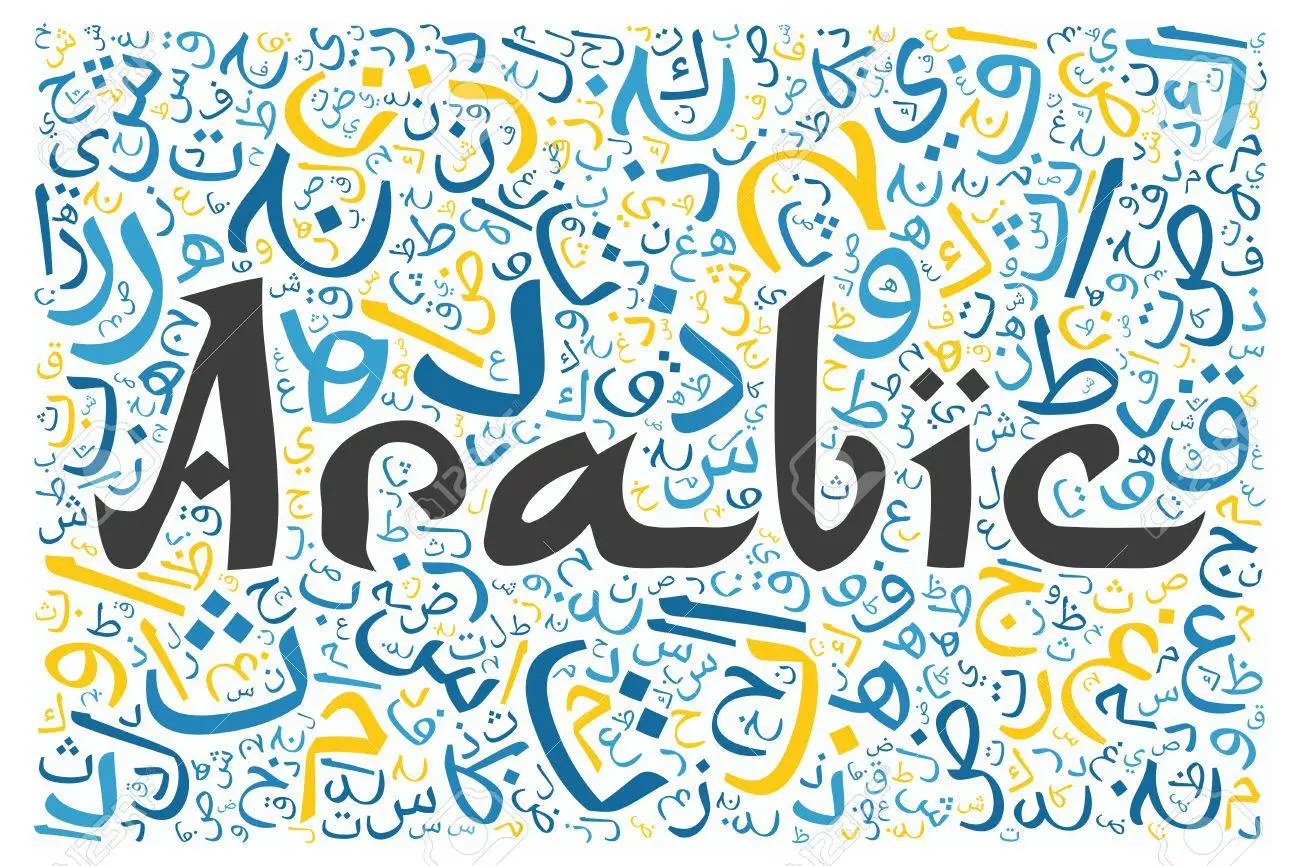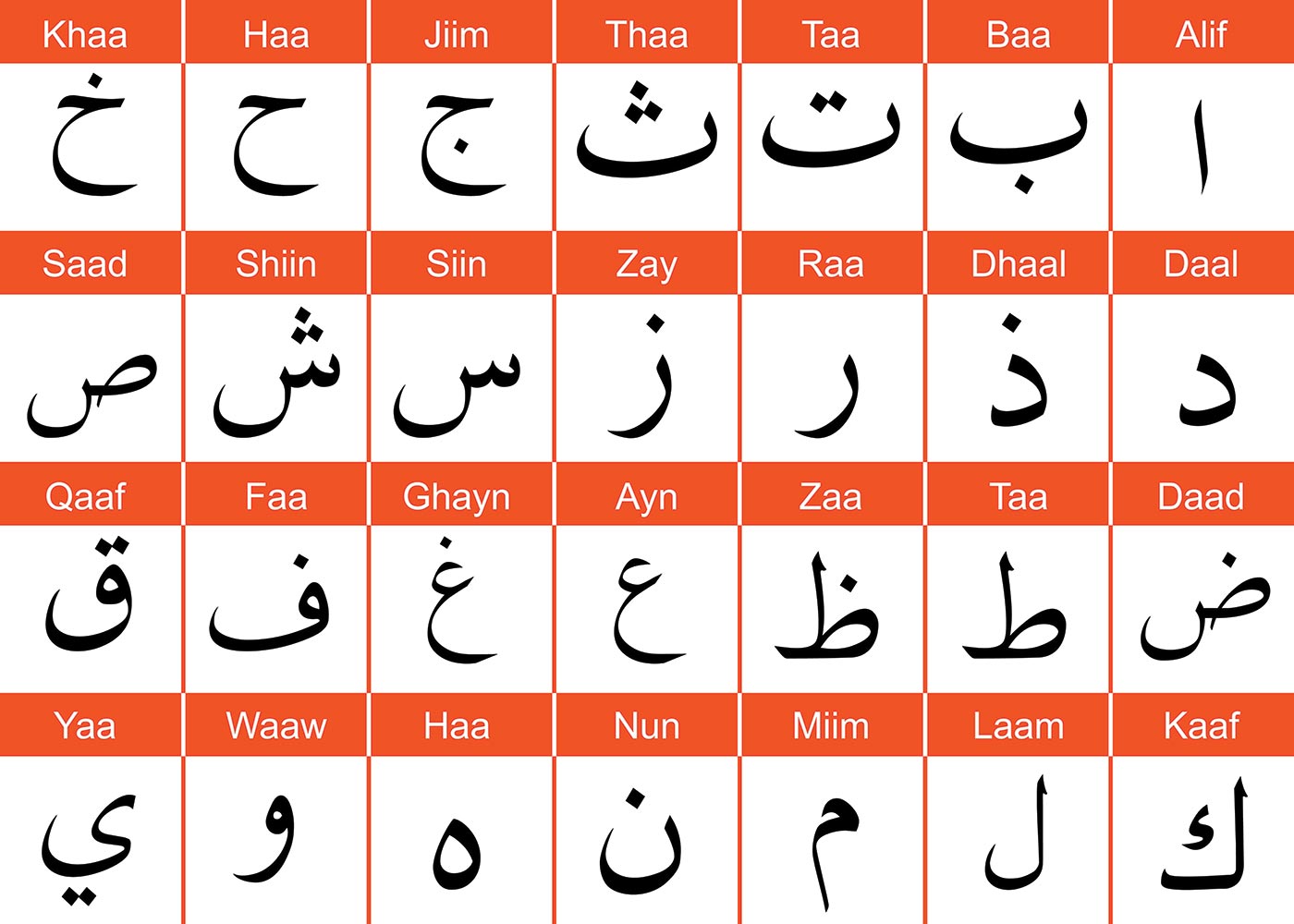Arabic Language
The Arabic language holds a unique place in the global linguistic landscape. Spoken by over 400 million people, Arabic is not only the official language of 26 countries but also the liturgical language of Islam, which is practiced by over 1.9 billion Muslims worldwide. This Semitic language has deep historical roots, stretching back thousands of years, and has played a pivotal role in shaping cultures, literature, and even other languages across the globe.
Arabic is often compared to Latin in terms of its historical significance, especially in the Islamic world. Just as Latin influenced much of Europe, Arabic has had a profound impact on various regions, including North Africa, the Arabian Peninsula, and the Middle East. Its influence extends beyond religion, shaping fields like science, philosophy, commerce, and more.
Today, Arabic continues to thrive as a major global language, with its rich literary and religious traditions. Whether you're interested in learning about its alphabet, pronunciation, or cultural significance, the Arabic language offers endless opportunities for discovery and connection. In this article, we'll explore the many facets of Arabic and why it remains such a vital part of our world.
What is the Arabic Language?
At its core, the Arabic language is a Semitic tongue that originated in the Arabian Peninsula. It belongs to the Afroasiatic family, which also includes languages like Hebrew and Aramaic. Arabic has been spoken for centuries and has evolved into numerous dialects, each with its own unique characteristics. While Modern Standard Arabic serves as the official and written form, regional dialects like Egyptian, Gulf, and Maghrebi Arabic are commonly used in daily conversations.
Why is the Arabic Language Important?
For many people, the importance of Arabic lies in its religious significance. As the language of the Quran, Arabic is central to Islam and its teachings. However, its importance extends far beyond religion. Arabic has been a key player in various fields, including law, medicine, and mathematics. In fact, the numerals we use today—1, 2, 3—have their origins in Arabic, highlighting the language's lasting influence on global culture.
How Many People Speak Arabic?
Arabic is spoken by over 400 million people worldwide, making it one of the most widely spoken languages on the planet. It's the official language of 26 countries, including Saudi Arabia, Egypt, and the United Arab Emirates. Additionally, Arabic serves as a second language for millions of Muslims around the globe. This widespread use means that understanding Arabic can open doors to new cultures, communities, and opportunities.
Is Arabic Hard to Learn?
Many people wonder if Arabic is difficult to learn. While it does have some unique features, such as a cursive script and a right-to-left writing system, it's not necessarily harder than other languages. The key is finding the right resources and methods that work for you. For instance, learning the Arabic alphabet and basic grammar rules can provide a solid foundation for further study. Plus, with so many online tools and courses available, learning Arabic has never been more accessible.
The Arabic Language - A Historical Perspective
Arabic's history is as fascinating as the language itself. It began to spread during the Islamic expansion of the 7th and 8th centuries, carried by Arab conquerors across North Africa, the Middle East, and beyond. This period saw the language flourish, influencing local dialects and cultures. Classical Arabic, the language of the Quran, remains a model for the literary standard, even as modern dialects continue to evolve.
Where is Arabic Spoken Today?
Today, Arabic is spoken in a wide range of countries, from Morocco in the west to Iraq in the east. Each region has its own dialect, which can differ significantly from others. For example, Egyptian Arabic is widely understood due to the popularity of Egyptian media, while Gulf Arabic is commonly used in countries like Saudi Arabia and the UAE. Despite these differences, Modern Standard Arabic serves as a unifying force, allowing speakers from different regions to communicate effectively.
The Arabic Language - Modern Usage and Influence
In modern times, Arabic continues to play a crucial role in global affairs. It's one of the six official languages of the United Nations and is widely used in industries like energy, where countries like Saudi Arabia and the UAE are major players. Beyond business, Arabic's influence is felt in art, literature, and education. Learning Arabic can provide valuable insights into these areas and help bridge cultural gaps.
Why Should You Learn Arabic?
Learning Arabic offers countless benefits. For starters, it allows you to connect with millions of people around the world, fostering greater understanding and cooperation. It also opens up professional opportunities in fields like international relations, journalism, and translation. On a personal level, studying Arabic can enhance your cognitive abilities and improve your communication skills. Plus, it's a chance to explore a rich and vibrant culture with deep historical roots.
Of course, the decision to learn Arabic is a personal one. For some, it's about religious devotion, while for others, it's about expanding their horizons. Either way, the journey is rewarding and enriching. So, if you're thinking about taking the plunge, remember that there are plenty of resources available to help you along the way.
In some respects, learning Arabic is like embarking on a treasure hunt. Each new word or phrase you discover adds to your understanding of the language and its people. And while it might seem challenging at first, with a little patience and persistence, you'll find that the rewards are well worth the effort.
Finally, it's important to recognize that the Arabic language is more than just a tool for communication. It's a reflection of the rich history and diverse cultures of the Arab world. By learning Arabic, you're not just acquiring a new skill—you're gaining access to a world of knowledge and experience that can enrich your life in countless ways.
- Robin Scherbatsky
- Eleanor Audley
- True Winter Color Palette
- Ants Go Marching
- %D9%8A%D9%84%D8%A7 %D9%84%D8%A7%D9%8A%D9%81

The Arabic Language: Facts and Insights - Owlcation

The history of Arabic Language - Mita Academy

Arabic Alphabet Printable